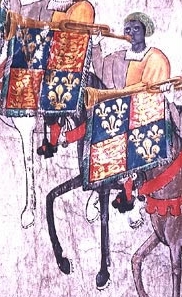This article has multiple issues. Please help improve it or discuss these issues on the talk page . (Learn how and when to remove these messages)
|

British Black music refers to music of the African diaspora, or music derived from the African diaspora which has been produced in Great Britain regardless of the ethnic background of the musicians.